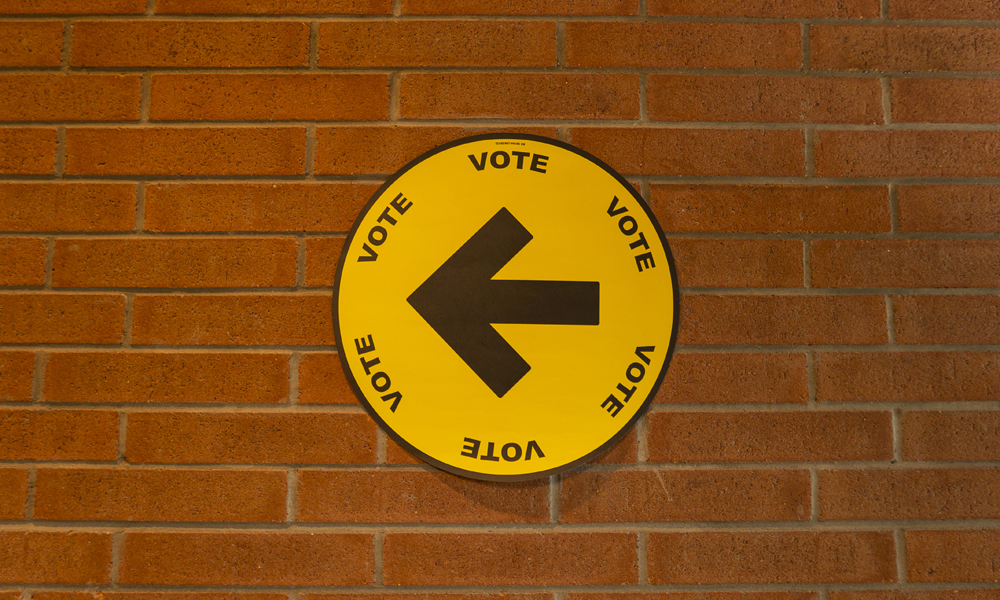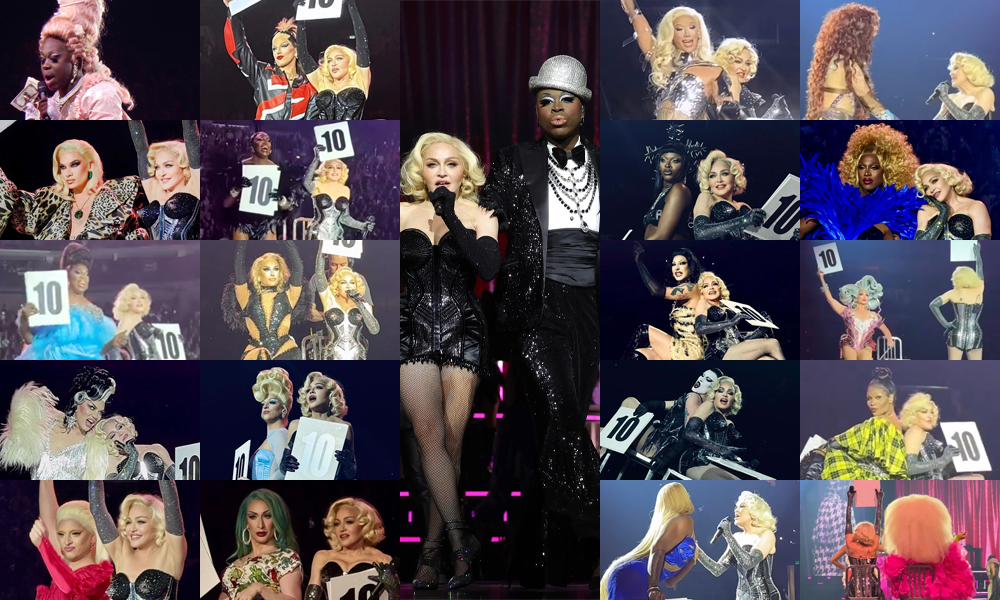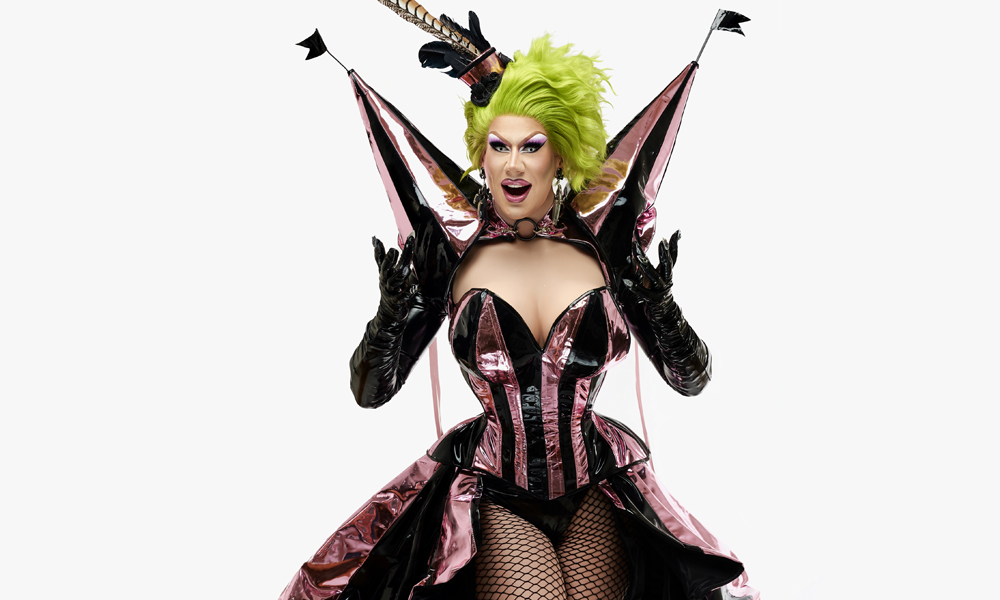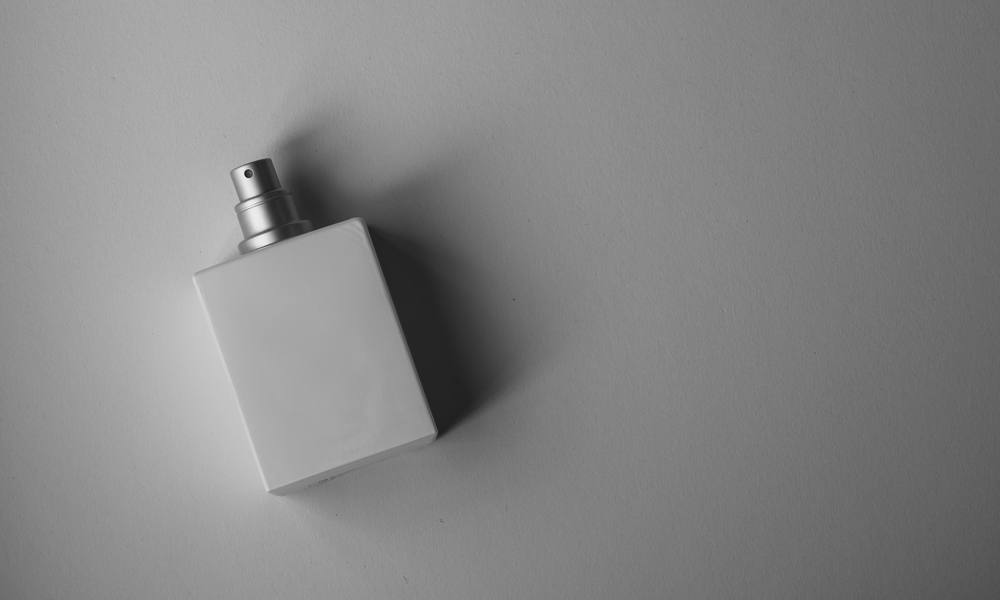30%: Are we really only that engaged?…
By Tristan Coolman
The queer community and their allies are largely recognized as a politically engaged bunch of folks. When negative actors attempt to engage the community, we never hesitate to stand up for ourselves. Local queer history both past and present is dotted with these examples: from essentially ‘locking down’ our Village from a group led by self-proclaimed pastor David Lynn to protesting the Toronto Public Library hosting Megan Murphy (a feminist whose support for the movement is only limited to cis women). In just under a month, our queer community in Toronto will be confronted with an anniversary of one of the more noteworthy acts of discrimination against our community: the 40th anniversary of Toronto’s 1981 bathhouse raids.
When any one group or individual dares question the legitimacy of queer-lived experiences, we are quick to organize and act. You would think that in today’s world, where organizing is much easier thanks to social media, we would attract more queers to the cause to act and remain engaged.
But perhaps that’s easier said than done.
In October 2020, at the height of elevated political discussion and awareness in the closing days of the US presidential election, there was a federal by-election – one of which was for the seat vacated by Liberal Bill Morneau in Toronto Centre, which contains the Village. I attempted to engage by text with some friends who I knew lived in the riding: “Hey! There’s a by-election in your riding. Make sure you and your partner vote!” Their response: “What’s a by-election?”
Early results for that by-election indicate a voter turnout that was in the low to mid-30s. I, for one, was a little shocked by that number. Dare I say it – are we less politically active than we think we are?
The by-election sent another Liberal MP to Ottawa. Not to discredit the contributions of this Liberal government to our cause: they have done their best. But as a collective, they’re almost like the allies many of us have in our lives who are very well intentioned but are not yet ready to advocate without a queer chaperone.
Yes, the Liberals have decreased the waiting period on blood donations for men who have sex with men (calling their move a “big win!” even though this discrimination is still active); they did celebrate the 1969 decriminalization of homosexuality and released a coin with the word ‘equality’ inscribed on its surface (which worked to embolden systemic discrimination against queer folks rather than support them). And, to their credit, they did fund a first-of-its-kind study on queer health in Canada, and have acted on many of those recommendations.
But our Village is struggling to survive. Our community, home to some of the most vulnerable in this pandemic, has been impacted immensely. Yes, there are movements at a local level to ensure the survival of the Village and its businesses and gig workers, like the fund set up by Glad Day – and these are all incredible signs that the fight to keep queer culture alive within these few city blocks is far from over, despite the slow but steady encroachment of gentrification. Yet still, folks in precarious lines of essential work are risking their safety to pay their rent.
I think that if there had been some negative sentiment that not enough is being done to ensure these queer-owned businesses and institutions survive, we would have had a different by-election result. We would have sent an MP from a different party to help us fight for our Village. And in a minority parliament, it’s the minority voices who can sometimes have the most impact.
There are signs an effort for change was made. Annamie Paul, the new Green Party leader, came in second, beating out the traditionally second-place NDP by a large margin – but it was not enough to really stir the pot enough to make our most privileged and established political leaders pay a little more attention.
What happened?
There is, after all, a novel coronavirus whose spread is at the centre of the COVID-19 pandemic. However, in last fall’s US election, voter engagement reached record numbers, with estimates that it was as high as 72 per cent. Those who wanted to remain safe from the virus voted by mail by significant margins – significant enough that the election could not be called for days because of the sheer number of mail-in and advance ballots that had to be counted.
With the multiple ways available to vote here in Canada – in advance, by mail and in person – our turnout in the low 30s just doesn’t make sense. The US is very polarized and passionate right now, so folks from both sides came out to support their candidates and clearly emotions ran high. Some might say they were voting for their very survival.
Are we a less engaged bunch of folks than we think we are?
As a still closeted teenager, my first interaction with queer media and visibility was in coming across an episode of Queer As Folk. It looked gay, sounded gay, and caught my eye because of that. The first episode I watched was about Michael Novotny overcoming his resistance to marching in Pride alongside Debbie, his mom and proud Pflag member. To this day, I still watch that series from start to finish, in all its imperfect glory. At the time, I assumed Pflag was a fictional organization: it wasn’t until I was 29 years old that I discovered it was real. Now, four years later, I lead a Pflag chapter in York Region.
Speaking as someone who has voted in every election I could since I legally could and who considers myself to be politically engaged, I didn’t know about the existence of this amazing institution in queer history until just a few years ago.
I am only beginning to see how difficult it is to become, and remain, engaged. The more you put into it, the more it takes from you. However, it doesn’t have to be this way if we all engaged as much as possible. Those of us who engage more than others owe it to our community to share our passion as much as possible, as it’s through those shares that we create awareness.
Not everyone can engage on that level, but there is a classic and traditional way to engage, perhaps the most casual and easiest way of all – and that is to vote. An election turnout in the 30s – whether we are in a pandemic, whether it was a by-election – is not acceptable by any means.
The Liberals and their new MP, Marci Ien, won with 42 per cent of the votes cast – but the reality is that only 13 per cent of all eligible voters in Toronto Centre voted for a Liberal victory. Though democratically that needs to be accepted given that the time to vote has come and gone, it should be a sobering reminder that we shouldn’t let our foot off the gas for even the easiest and the most casual of methods to engage in daily political life.
—
TRISTAN COOLMAN is based in the suburbs of York Region north of Toronto. He works full-time in retail by day, volunteers with Pflag York Region in his spare time, and desperately tries to keep his succulents alive in between. Follow @pflagyorkregion on Instagram, Twitter and Facebook; follow Tristan at @iamcoolman on Instagram, @tristancoolman on Twitter.







POST A COMMENT